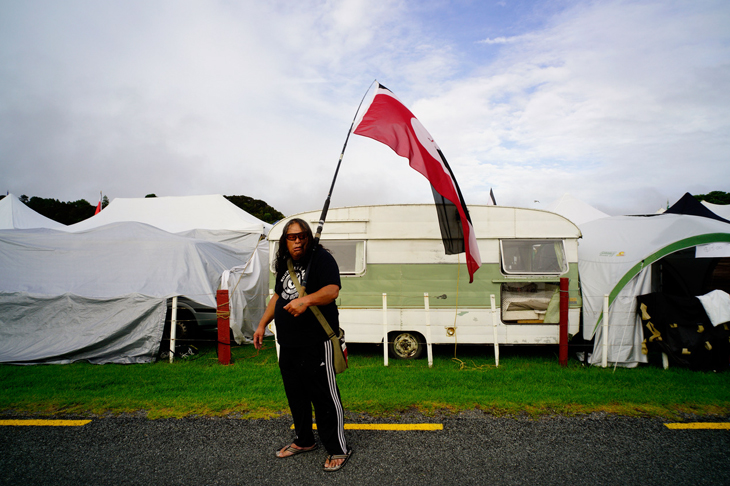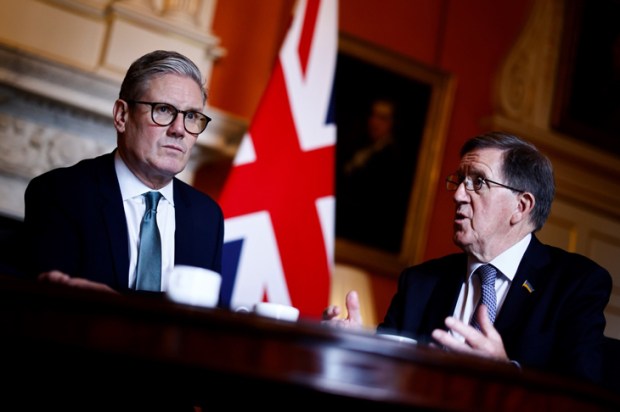Last August I wrote in these pages about the University of Melbourne’s campaign, ‘Undoing Australia’, which at its core seeks to dismantle the nation-state in order to right past wrongs, real or imaginary. This year, the federal government released a blueprint setting out how this might be achieved. We know this today as the Voice to parliament.
Already a subscriber? Log in
Subscribe for just $2 a week
Try a month of The Spectator Australia absolutely free and without commitment. Not only that but – if you choose to continue – you’ll pay just $2 a week for your first year.
- Unlimited access to spectator.com.au and app
- The weekly edition on the Spectator Australia app
- Spectator podcasts and newsletters
- Full access to spectator.co.uk
Or
Unlock this article
Brianna McKee is a Research Fellow at the Institute of Public Affairs.
You might disagree with half of it, but you’ll enjoy reading all of it. Try your first month for free, then just $2 a week for the remainder of your first year.














Comments
Don't miss out
Join the conversation with other Spectator Australia readers. Subscribe to leave a comment.
SUBSCRIBEAlready a subscriber? Log in